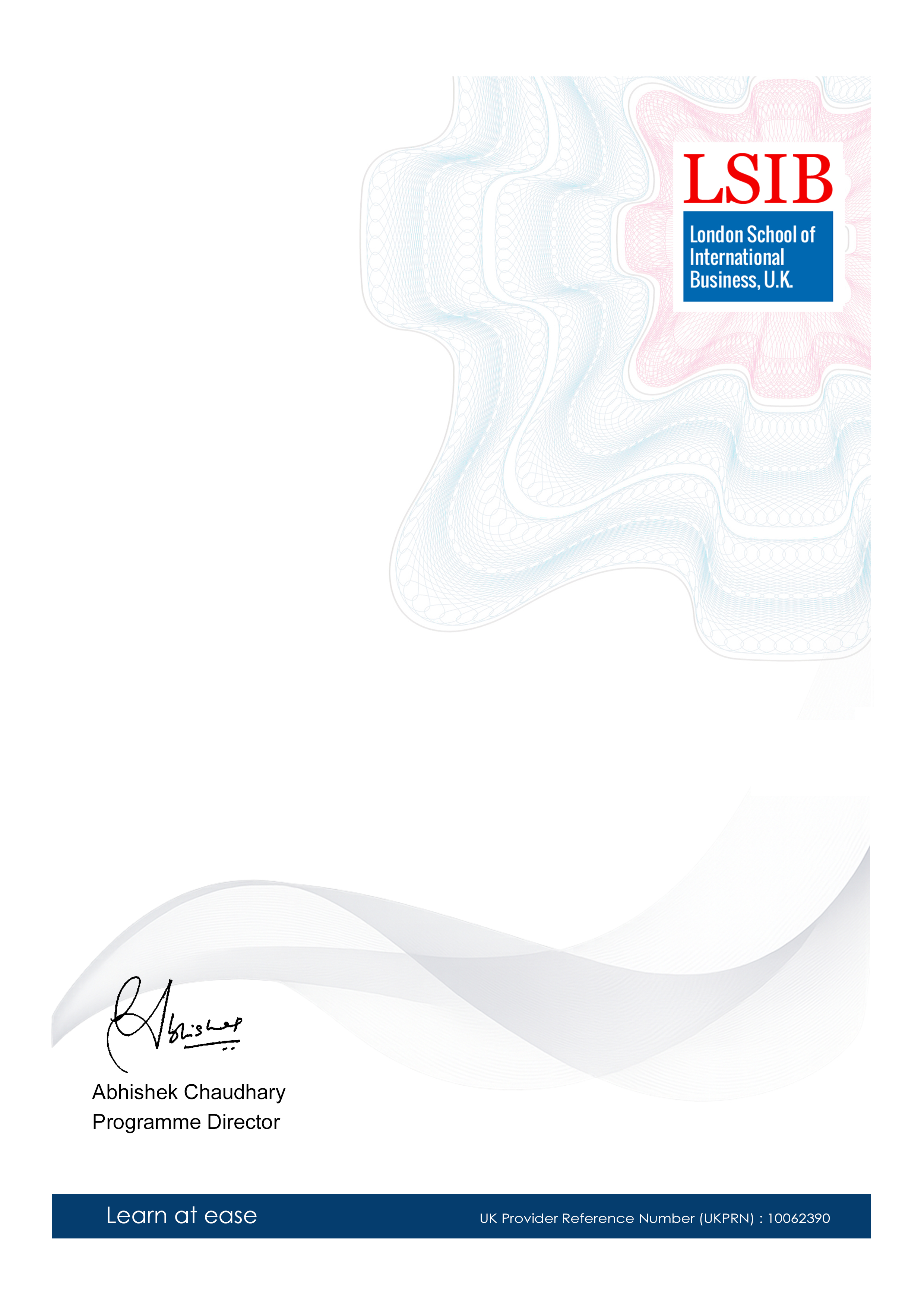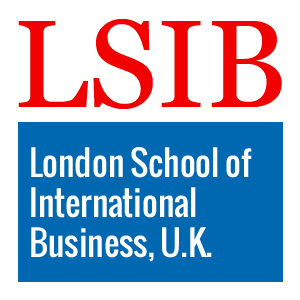Certificate Programme in Microarray Data Classification Methods
-- viewing nowMicroarray Data Classification Methods: This certificate programme provides practical training in analyzing complex biological data. Learn essential statistical methods and bioinformatics tools for effective microarray data analysis.
6,941+
Students enrolled
GBP £ 140
GBP £ 202
Save 44% with our special offer
About this course
100% online
Learn from anywhere
Shareable certificate
Add to your LinkedIn profile
2 months to complete
at 2-3 hours a week
Start anytime
No waiting period
Course details
• Preprocessing and Normalization of Microarray Data
• Microarray Data Classification: Methods and Algorithms
• Feature Selection and Dimensionality Reduction Techniques for Microarray Data
• Supervised Classification Methods for Microarray Data Analysis
• Unsupervised Clustering Methods for Microarray Data Analysis
• Model Evaluation and Performance Metrics in Microarray Classification
• Case Studies in Microarray Data Classification: Cancer Genomics
• Practical Application using R/Bioconductor for Microarray Data Analysis
• Reproducible Research and Reporting of Microarray Data Analysis
Career path
| Career Role (Microarray Data Analysis) | Description |
|---|---|
| Bioinformatician (Microarray Specialist) | Analyze complex microarray datasets, develop algorithms for data classification, and contribute to genomic research projects. High demand in pharmaceutical and biotechnology companies. |
| Data Scientist (Genomics Focus) | Utilize machine learning techniques for microarray data classification, build predictive models, and extract meaningful insights from biological data. Strong analytical and programming skills required. |
| Research Scientist (Microarray Applications) | Conduct independent research using microarray technology, publish findings in peer-reviewed journals, and present results at scientific conferences. A strong publication record is beneficial. |
| Biostatistician (Genomic Data) | Apply statistical methods to analyze microarray data, design experimental studies, and interpret results in the context of biological research. Requires strong statistical programming skills (e.g., R). |
Entry requirements
- Basic understanding of the subject matter
- Proficiency in English language
- Computer and internet access
- Basic computer skills
- Dedication to complete the course
No prior formal qualifications required. Course designed for accessibility.
Course status
This course provides practical knowledge and skills for professional development. It is:
- Not accredited by a recognized body
- Not regulated by an authorized institution
- Complementary to formal qualifications
You'll receive a certificate of completion upon successfully finishing the course.
Why people choose us for their career
Loading reviews...
Frequently Asked Questions
Course fee
- 3-4 hours per week
- Early certificate delivery
- Open enrollment - start anytime
- 2-3 hours per week
- Regular certificate delivery
- Open enrollment - start anytime
- Full course access
- Digital certificate
- Course materials
Get course information
Earn a career certificate

